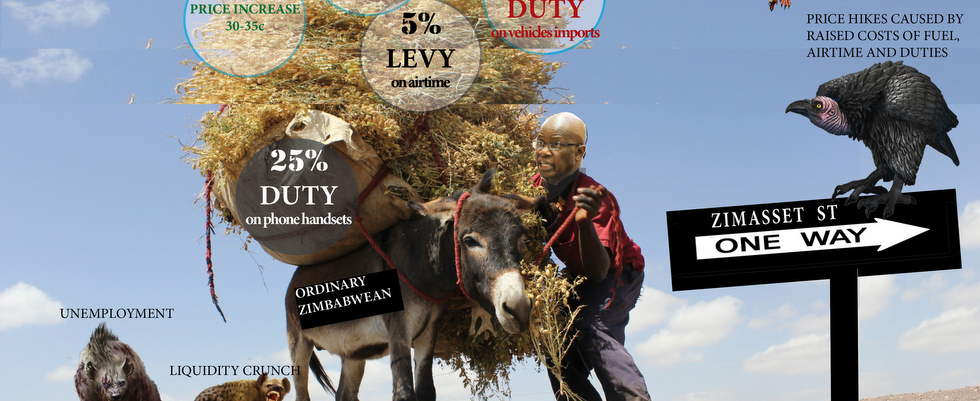
The continual decimation of the middle class will hamstring any efforts to revive the economy in the short term, a local research firm has warned.
BUSINESS REPORTER
In its latest note to investors, MMC Capital said the middle class was critical in growing the economy.
“Our fear is that the continued destruction of the middle class will make it difficult for the economy to witness any rebound in the short term,” MMC said, but was optimistic of a rebound in the medium to long term as “Zimbabwe offers massive upside potential”. MMC said economic indicators such as inflation, savings rate, money supply and trade balance continued to show that the economy was indeed running out of steam.
“We maintain our view that activity on the local bourse will remain depressed for the greater part of this year as the bulls continue to search for a new lease of life,” it said.
Since January, inflation figures have been in the negative, having started off at -1,28% in January and gaining 0,19 percentage points in March to -1,20% from February figure of -1,40%. In May the inflation figure stood at -2,70%.
Prices of goods in the country have been declining as South Africa (the country’s main trading partner)’s currency has been weakening since the beginning of the year.
The MMC report came as the Consumer Council of Zimbabwe (CCZ) recorded a declined monthly basket for a family of six in the past five months.
- Chamisa under fire over US$120K donation
- Mavhunga puts DeMbare into Chibuku quarterfinals
- Pension funds bet on Cabora Bassa oilfields
- Councils defy govt fire tender directive
Keep Reading
CCZ said the basket stood at $571,75 in May from $583,19 in January.
The food basket, a major component of the family basket, has been on a decline since the beginning of the year to $129,4 in May from $140,50 in January, CCZ statistics showed.
It said notable price decreases had been seen in products such as margarine, sugar, washing powder, laundry bars, milk, bread and rice, among others.
“The decrease in prices might be because, as a result of reduction of fuel prices and availability of coins in all supermarkets, prices have been restructured thus the movement from the tendency of rounding off prices, so consumers can now buy what they want at the exact prices, and get change,” CCZ said.
The impact of the decrease in the price of fuel and availability of coins has not yielded a positive reduction of prices on basic commodities to the expectation of the consumer watchdog, the CCZ said in one of its commentaries.
The economy has been recording negative inflation since the beginning of this year. The country sources most of its products from South Africa and the rand has been weakening. The weakening of the rand has made some products cheaper to some extent as retailers have been running promotions to attract more customers.
Companies have been retrenching since the beginning of the year while some have closed down.
Although local industries are producing, capacity utilisation levels hover around 39% in some sectors.
Competition from imports, shortages of working capital and obsolete equipment are some of the challenges being faced by local manufacturers.











